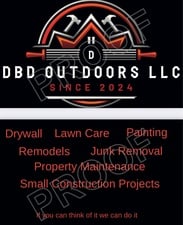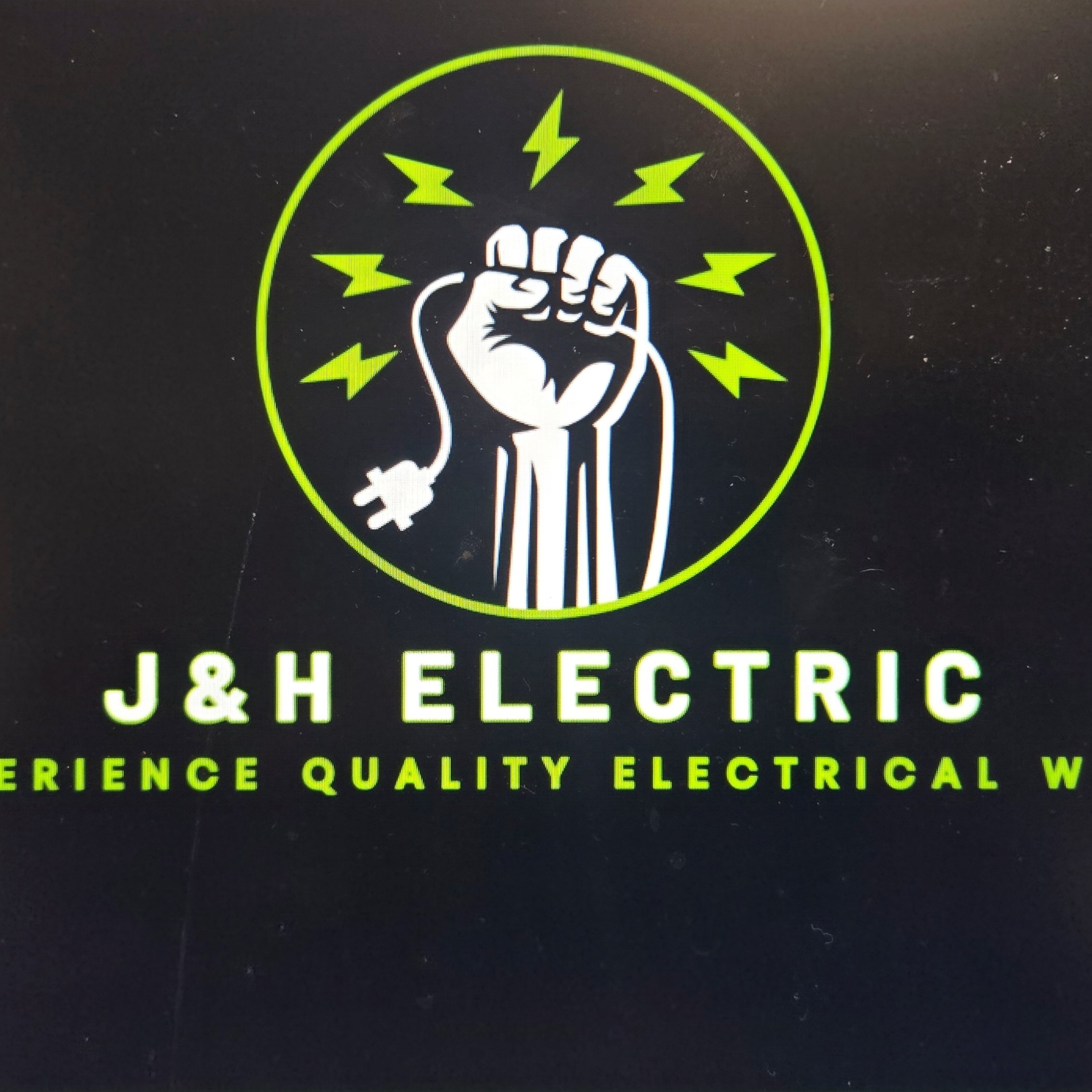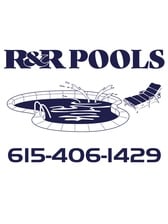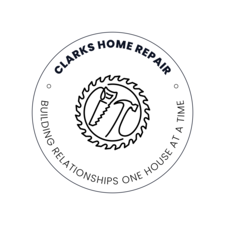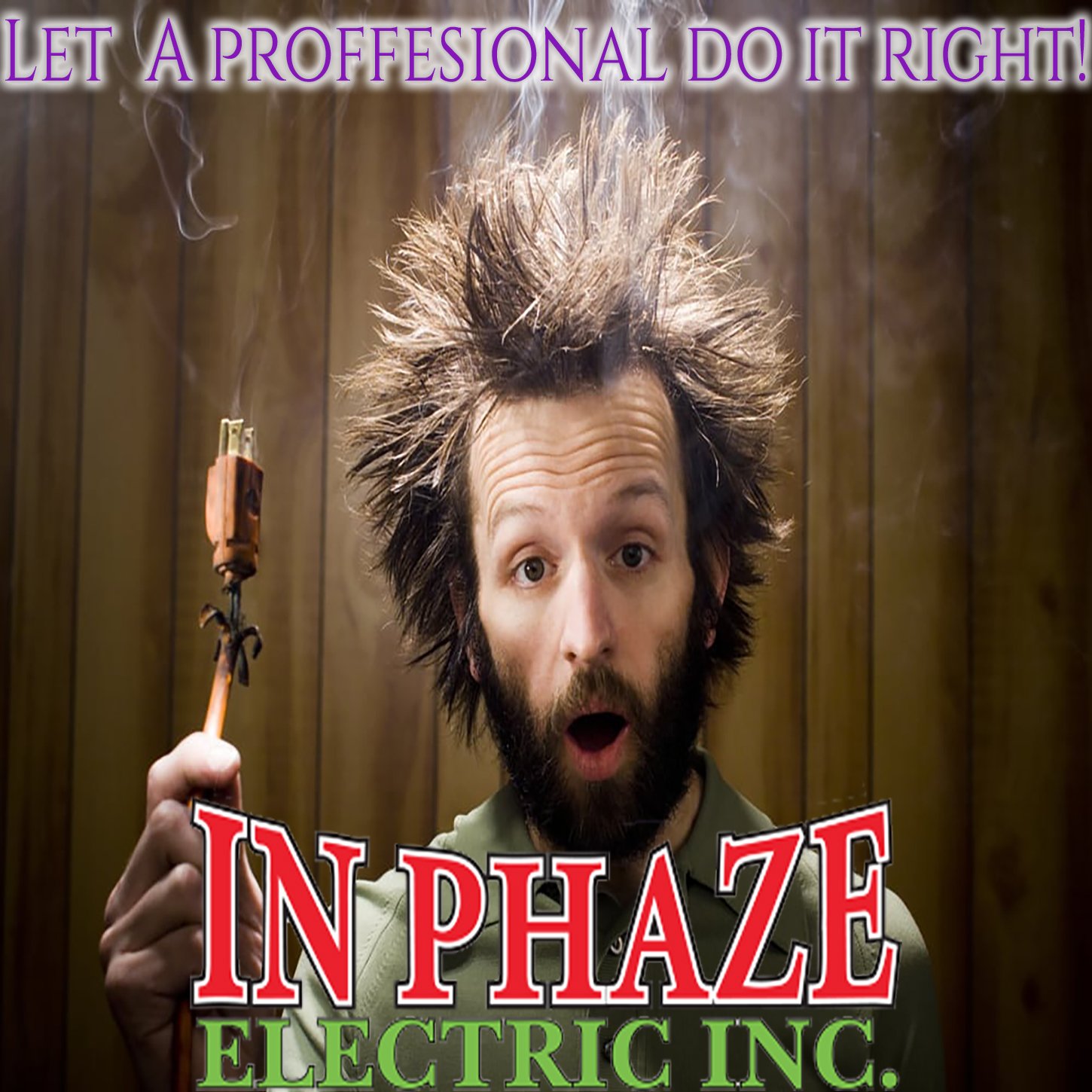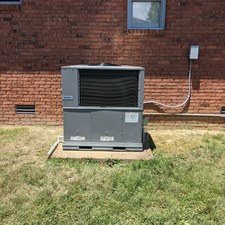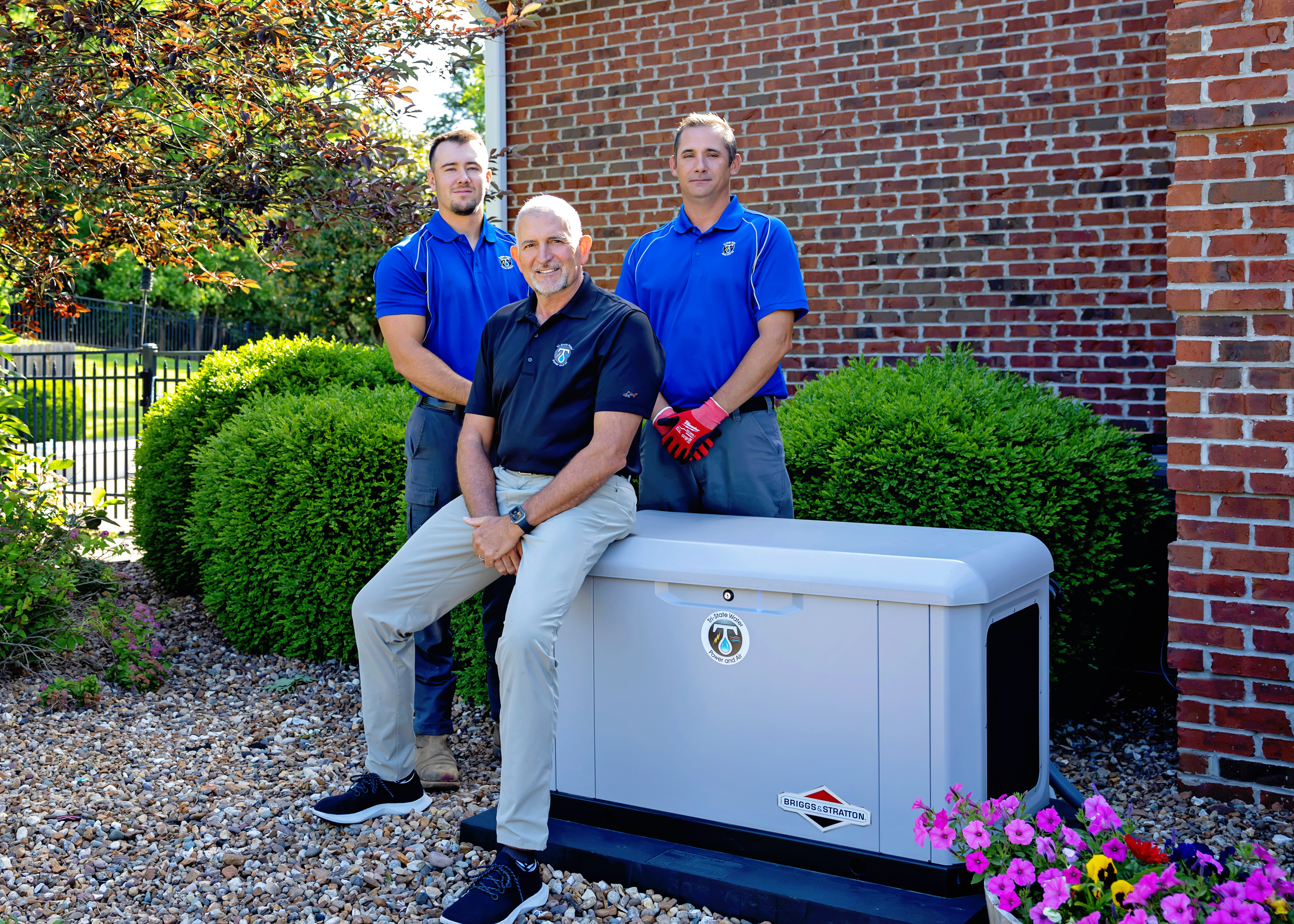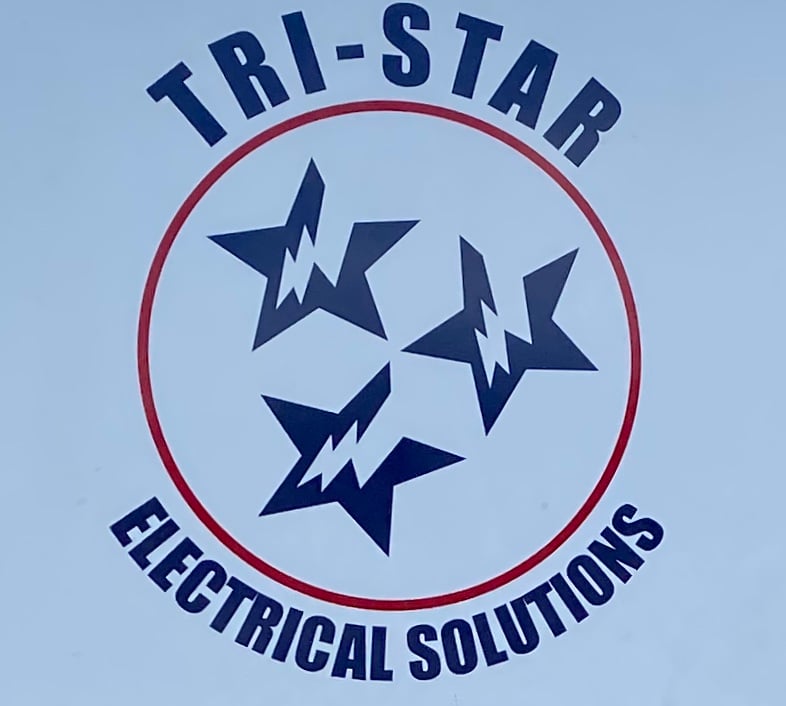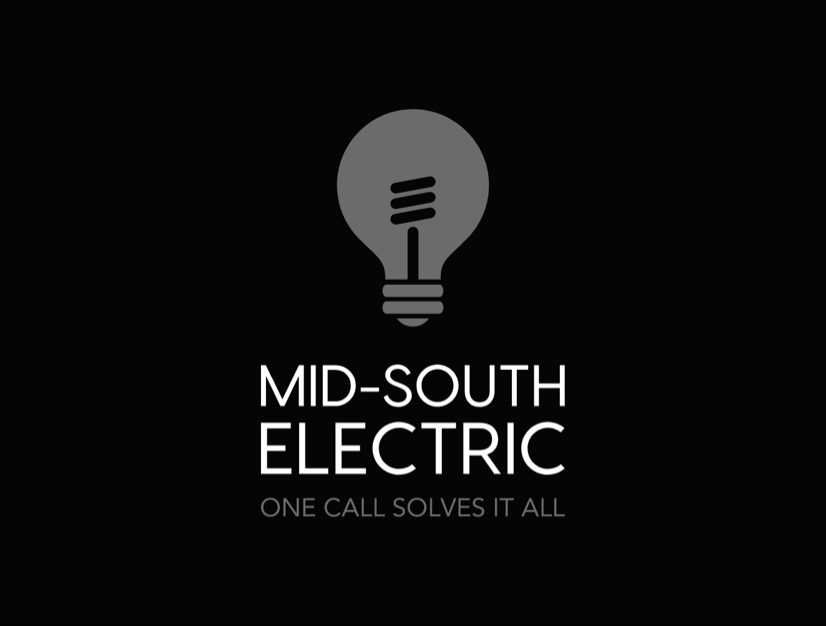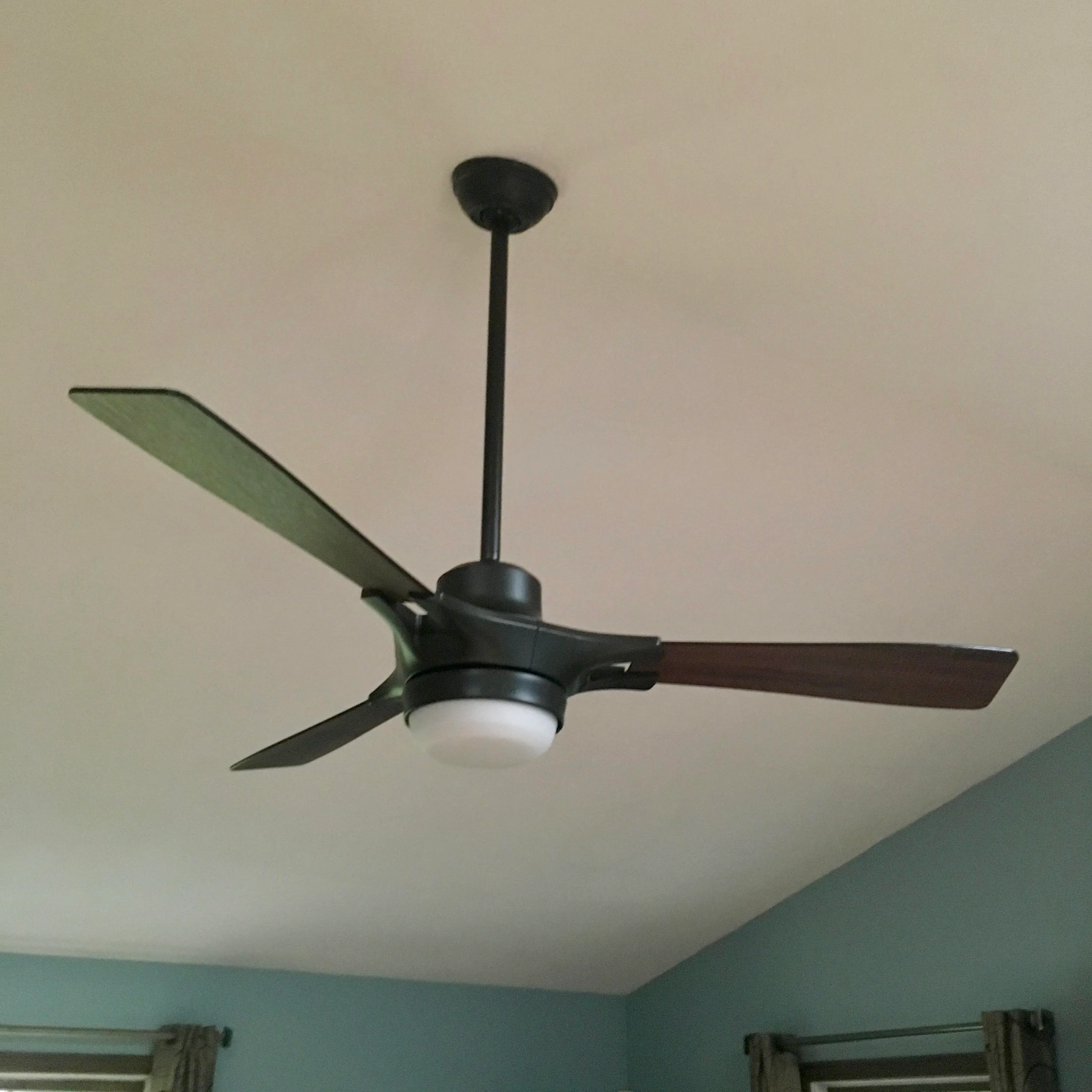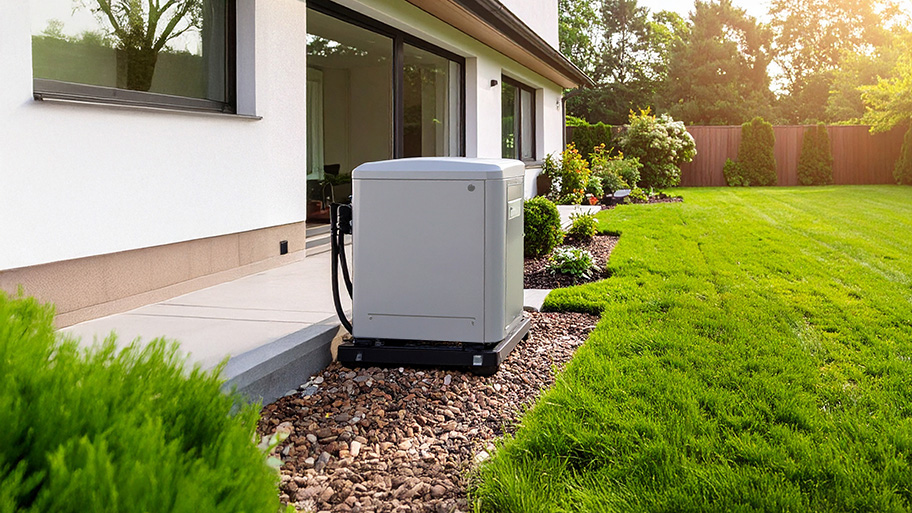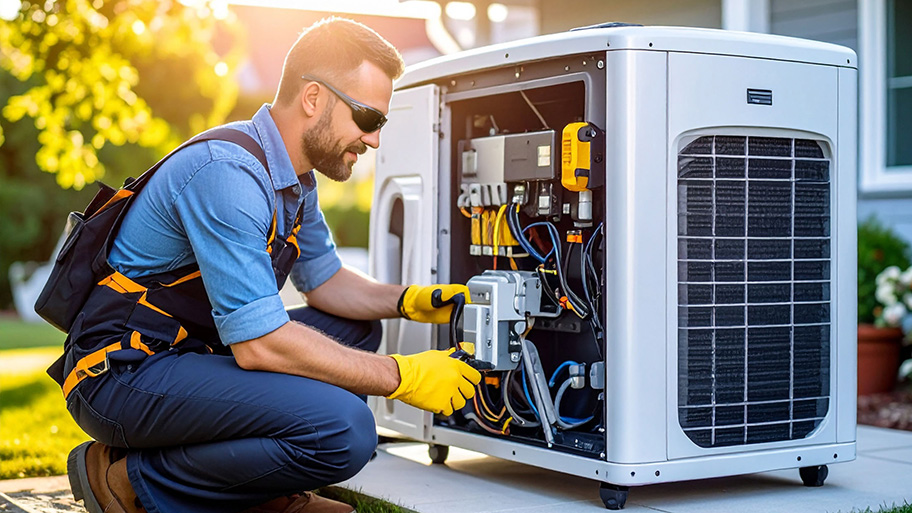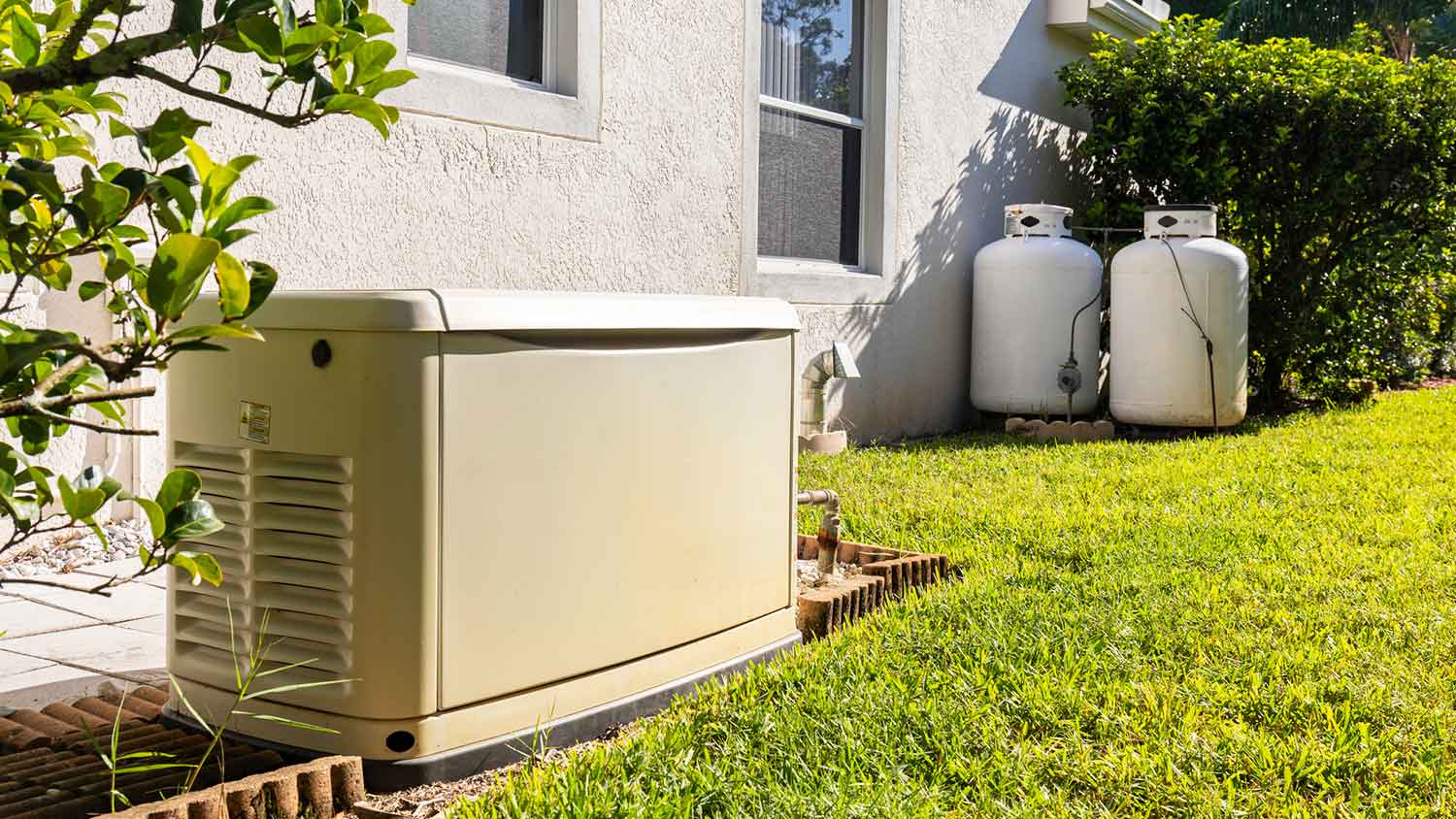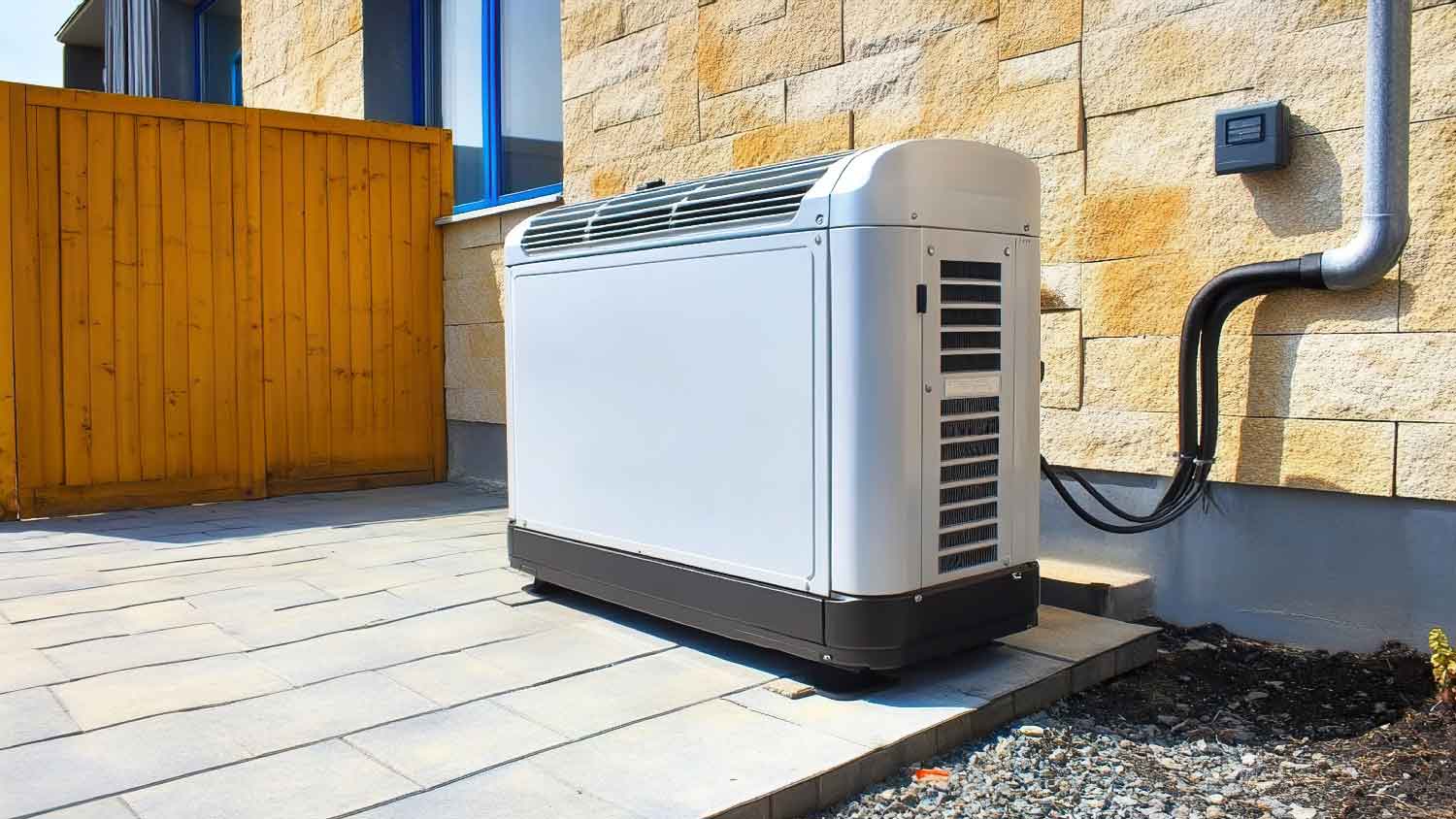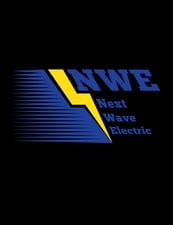
Next Wave Electric
Next Wave Electric
We take great pride in our experience, expertise, quality, and customer service that we provide to meet the consumer's needs. It is our mission to provide excellent workmanship and complete customer satisfaction, from the start to the completion of a project. In order to understand the needs and expectations of our customers, we take great care to work and communicate with every customer in a professional manner. Our reputation is based on service, safety, and quality, regardless of how large or small the job.
"Quin was knowledgeable, personable and diligent. He was easy to reach, a great communicator and his pricing was more than fair. I have used him on two different occasions and he will be my go to electrician for any electrical work that I ever need in the future. Thanks Quin for a great job!"
Mike J on April 2024
We take great pride in our experience, expertise, quality, and customer service that we provide to meet the consumer's needs. It is our mission to provide excellent workmanship and complete customer satisfaction, from the start to the completion of a project. In order to understand the needs and expectations of our customers, we take great care to work and communicate with every customer in a professional manner. Our reputation is based on service, safety, and quality, regardless of how large or small the job.
"Quin was knowledgeable, personable and diligent. He was easy to reach, a great communicator and his pricing was more than fair. I have used him on two different occasions and he will be my go to electrician for any electrical work that I ever need in the future. Thanks Quin for a great job!"
Mike J on April 2024

